Health and Human Services Secretary Robert F. Kennedy Jr. has long said that he would like to “weaponize” regulatory agencies to eliminate the use of pesticides in American agriculture, and his rhetoric has frequently used animal-activist terminology like “factory farming.” This approach is central to his Make America Healthy Again mantra, which he hopes will help legitimize his role in the Trump administration.
But an article by The Wall Street Journal points to friction between Kennedy and administration officials over how much blame to place on crop protection products for U.S. health woes. Kennedy is laying out his argument and findings in a coming report by the newly formed MAHA Commission, but the fear among his colleagues is that attacking pesticides would disrupt the food-supply chain and alienate rural America, which makes up Trump’s most fervent base.
“Some officials at the Environmental Protection Agency, which regulates pesticides, and Agriculture Department have cast doubt on Kennedy’s desire to cast weedkillers as harmful to health,” the WSJ article noted.
This comes at a time when President Donald Trump is trying to stay in the good graces of farmers, who have experienced major freezes in federal grant money, tariff uncertainty, and the dissolution of farm-to-table programs — with Trump saying this would be “a little bit of an adjustment period” for growers.
During Kennedy’s own presidential bid and then through his confirmation process as HHS secretary, Kennedy has vehemently opposed many modern agriculture practices — particularly concerning pesticide use, GMOs, and labeling — and has repeatedly advocated against large-scale producers. Because the Food and Drug Administration and the Centers for Disease Control and Prevention are housed within HHS, he has a commanding influence over the agricultural sector.
“I think we are on the verge and are seeing one of the most significant realignments in American politics in American history,” said Calley Means, a top Kennedy adviser.
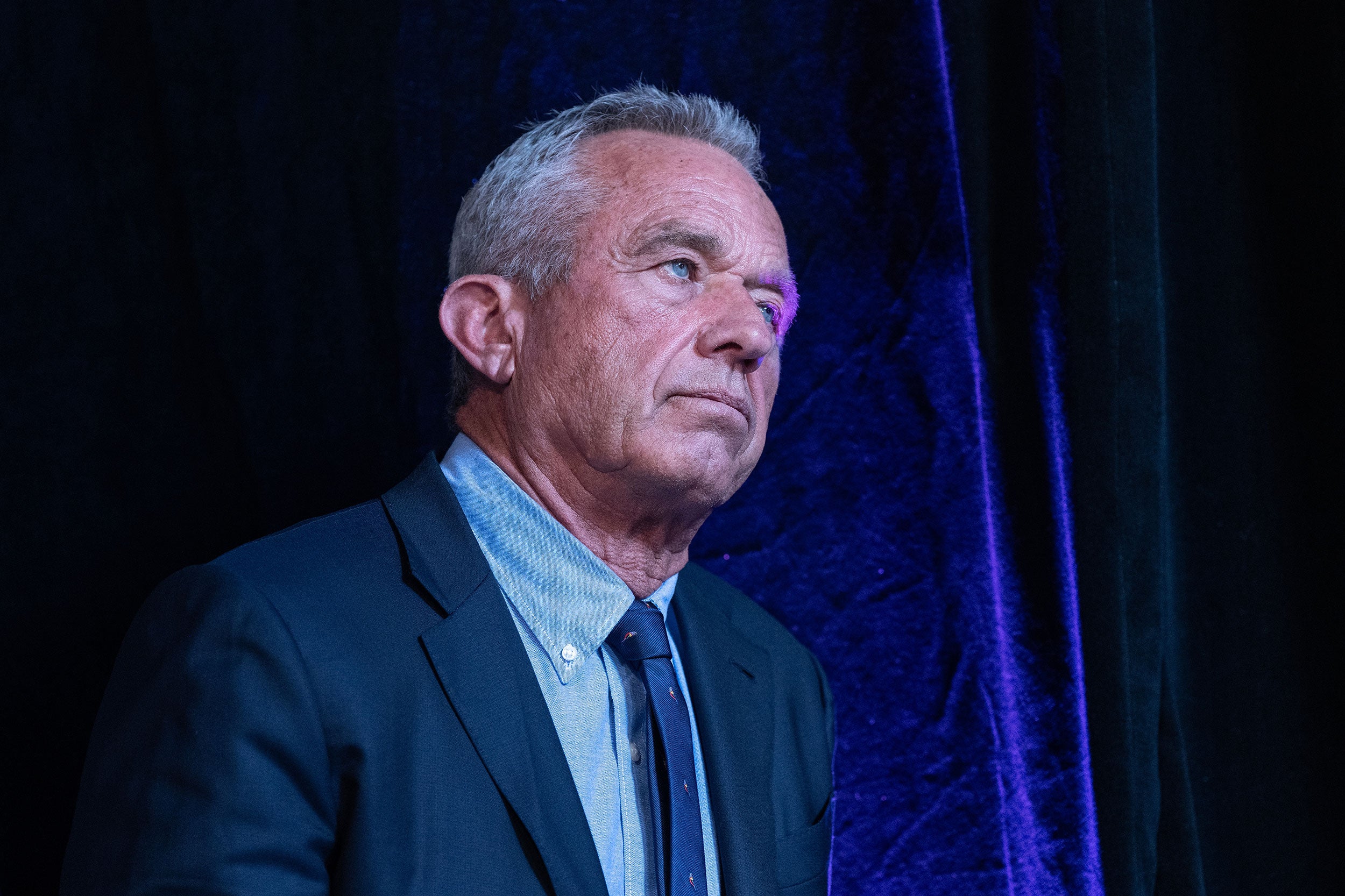
The report is scheduled to be released May 22 during an event with Kennedy and MAHA influencers (likely among them is “Food Babe” Vani Hari). According to WSJ’s reporting, the report is expected to single out glyphosate, the active ingredient in Roundup, the most widely used weedkiller in the world, people familiar with the planning said. The report is also expected to call out atrazine, an herbicide used on grasses and corn, as a possible problematic toxin, the people said.
It’s unclear what other pesticide products may be targeted or even whether he’s only going after synthetic pesticides.
In addition to pesticides, the report will address potential causes of chronic disease in children, including food, lack of exercise, use of technology.
“The MAHA Commission’s first report for President Trump will be a landmark assessment of what we know about the causes of America’s chronic disease crisis and what we need further research on,” a White House spokesman said.
Farm and food groups are lobbying against parts of the report in meetings with White House officials, people familiar with the matter said. National Corn Growers Association President Kenneth Hartman Jr. expressed concern that “the MAHA report will ignore the extensive research and testing on pesticides and cast doubt on the safe use of these technologies.”
More than 90 percent of soybean, corn and cotton crops planted in the U.S. are genetically modified to withstand glyphosate-based weedkiller, according to the U.S. Department of Agriculture. American farmers apply almost 300 million pounds of glyphosate to their fields each year, according to data from the U.S. Geological Survey.
Glyphosate is recognized as one of the safest modern herbicides, with the U.S. Environmental Protection Agency saying in during Trump’s first administration in 2020, “EPA found that there are no risks of concern to human health when glyphosate is used in accordance with its current label. EPA also found that glyphosate is unlikely to be a human carcinogen.”
“I have a personal commitment and a long history of working with farmers,” Kennedy said during his confirmation hearings. “I want to make sure that I understand the very narrow margins that the American farmers and ranchers are dealing with, and I don’t want under my watch for a single farmer to have to leave for economic or for regulatory or bureaucratic reasons if I serve.”
Attacking glyphosate and Roundup, which was created by Monsanto and now owned by Bayer, has been financially lucrative for Kennedy, who spent much of his career as an environmental attorney. He took an active role in the first glyphosate trial against Monsanto that relied on dubious research and resulted in a multi-million-dollar judgment in California. That effort snowballed into tens of thousands of lawsuits, usually attempting to tie Roundup to non-Hodgkin’s lymphoma.
Bayer says on its website that 114,000 of roughly 181,000 claims have been resolved or deemed to be ineligible as of Jan. 31, leaving about 67,000 pending. To date, Bayer has paid about $11 billion in settlement money.
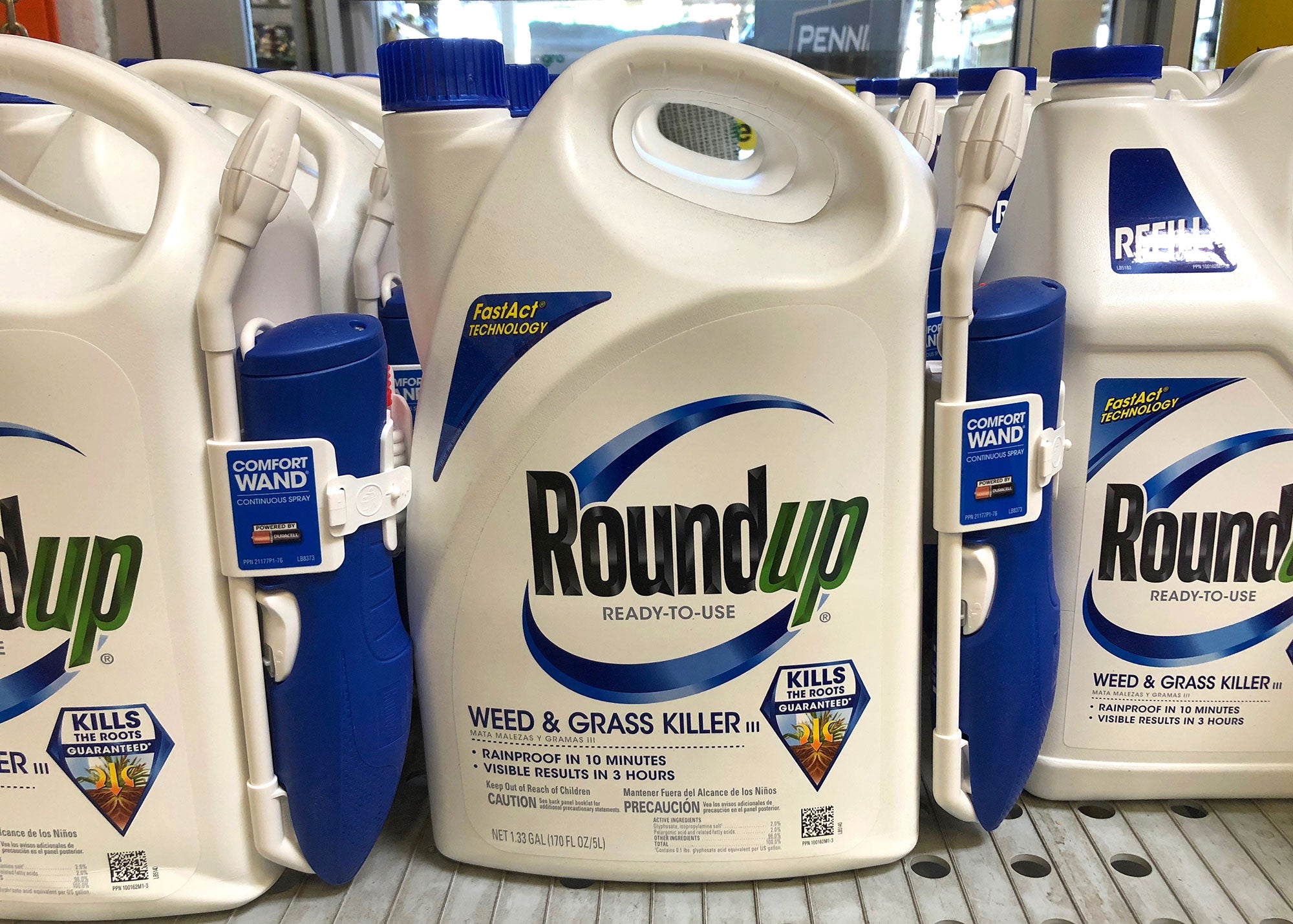



:max_bytes(150000):strip_icc()/54422218704_4306ac9563_o-233521f62c594e098877df4c9a3cba63.jpg)
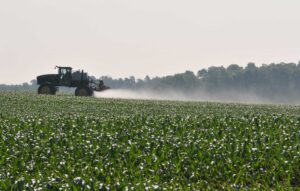



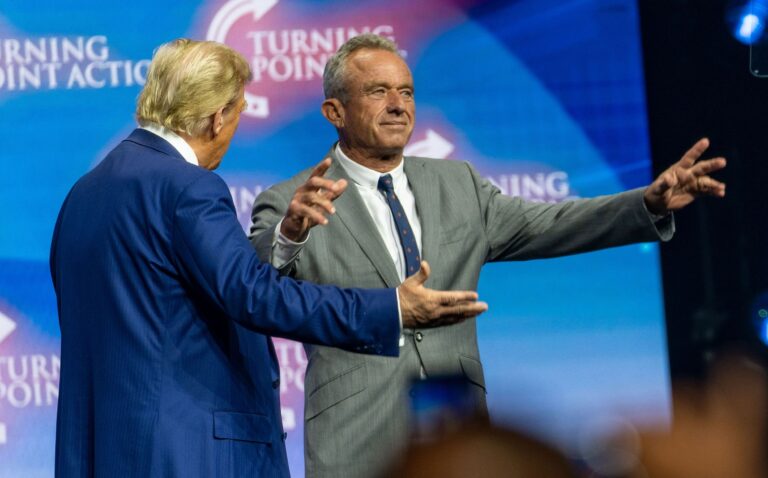
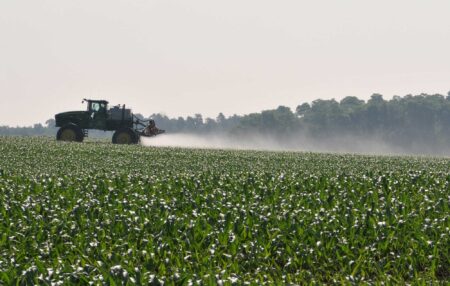


:max_bytes(150000):strip_icc()/Ship-docked-at-Port-Houston-1741d74fc460476881a4754e9ad43f42.jpg)
:max_bytes(150000):strip_icc()/54163679242_59f748f514_oSAFethanolplant-Iowa-d55130af73f44d9cb58b780fbdef60f2.jpg)